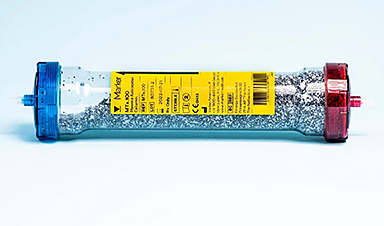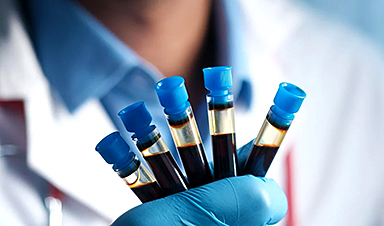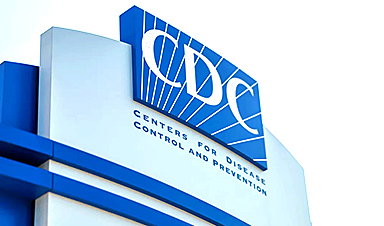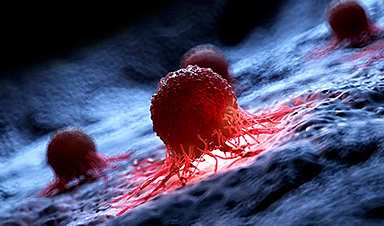Bank of America and Harvard University have collaborated on a new initiative designed to make the complex technologies behind artificial intelligence (AI) and machine learning (ML) more universally beneficial and accessible to the global workforce. The mission of the newly formed Council on the Responsible Use of Artificial Intelligence is to address issues of policy and ethics, thereby enabling industries and the individuals who drive them to keep pace with the rapidly evolving interface between people and machines.
Through the development of best practices and by maintaining a transparent dialogue, the Council strives to leverage the speed and convenience that AI and ML can provide industries such as finance, healthcare, retail, manufacturing and others. Bank of America’s chief operations and technology officer, Cathy Bessant, is a founding member of the council, which was formed in April 2018.
“I started thinking about the implications of the potential uses for artificial intelligence about 18 months ago,” she explained. “A huge piece of this is my own workforce here at Bank of America. In the face of ever-increasing technological change, how do we keep a workforce engaged and motivated? How are we thinking proactively about career development and career transformation? Can somebody who processes [data] manually today learn artificial intelligence, or learn how to manage a team of bots or machines that create outcomes in place of people?”
Therein lies the rub with artificial intelligence in a world that may not be quite ready for its benefits and, as some would say, possible pitfalls. While AI possesses vast potential for simplifying our lives, Bessant’s concerns are validated by the fact that many people view it as a threat to their livelihoods, creating skepticism and, in extreme cases, fear.
To help change the current ideology, the Council was formed to research the latest developments in this emerging technology and to educate the populace on its legal and moral implications, as well as to develop better, more useful and responsible ways to utilize a gift that is still widely misunderstood.
Image Credit: From the article on pymnts.com
News This Week
NanoApps Medical is a Top 20 Feedspot Nanotech Blog
There is an ocean of Nanotechnology news published every day. Feedspot saves us a lot of time and we recommend it. We have been using it since 2018. Feedspot is a freemium online RSS [...]
This Startup Says It Can Clean Your Blood of Microplastics
This is a non-exhaustive list of places microplastics have been found: Mount Everest, the Mariana Trench, Antarctic snow, clouds, plankton, turtles, whales, cattle, birds, tap water, beer, salt, human placentas, semen, breast milk, feces, testicles, [...]
New Blood Test Detects Alzheimer’s and Tracks Its Progression With 92% Accuracy
The new test could help identify which patients are most likely to benefit from new Alzheimer’s drugs. A newly developed blood test for Alzheimer’s disease not only helps confirm the presence of the condition but also [...]
The CDC buried a measles forecast that stressed the need for vaccinations
This story was originally published on ProPublica, a nonprofit newsroom that investigates abuses of power. Sign up to receive our biggest stories as soon as they’re published. ProPublica — Leaders at the Centers for Disease Control and Prevention [...]
Light-Driven Plasmonic Microrobots for Nanoparticle Manipulation
A recent study published in Nature Communications presents a new microrobotic platform designed to improve the precision and versatility of nanoparticle manipulation using light. Led by Jin Qin and colleagues, the research addresses limitations in traditional [...]
Cancer’s “Master Switch” Blocked for Good in Landmark Study
Researchers discovered peptides that permanently block a key cancer protein once thought untreatable, using a new screening method to test their effectiveness inside cells. For the first time, scientists have identified promising drug candidates [...]
AI self-cloning claims: A new frontier or a looming threat?
Chinese scientists claim that some AI models can replicate themselves and protect against shutdown. Has artificial intelligence crossed the so-called red line? Chinese researchers have published two reports on arXiv claiming that some artificial [...]
New Drug Turns Human Blood Into Mosquito-Killing Weapon
Nitisinone, a drug for rare diseases, kills mosquitoes when present in human blood and may become a new tool to fight malaria, offering longer-lasting, environmentally safer effects than ivermectin. Controlling mosquito populations is a [...]














Leave A Comment